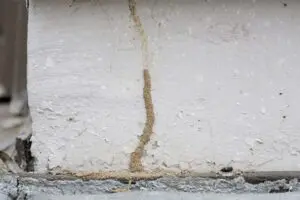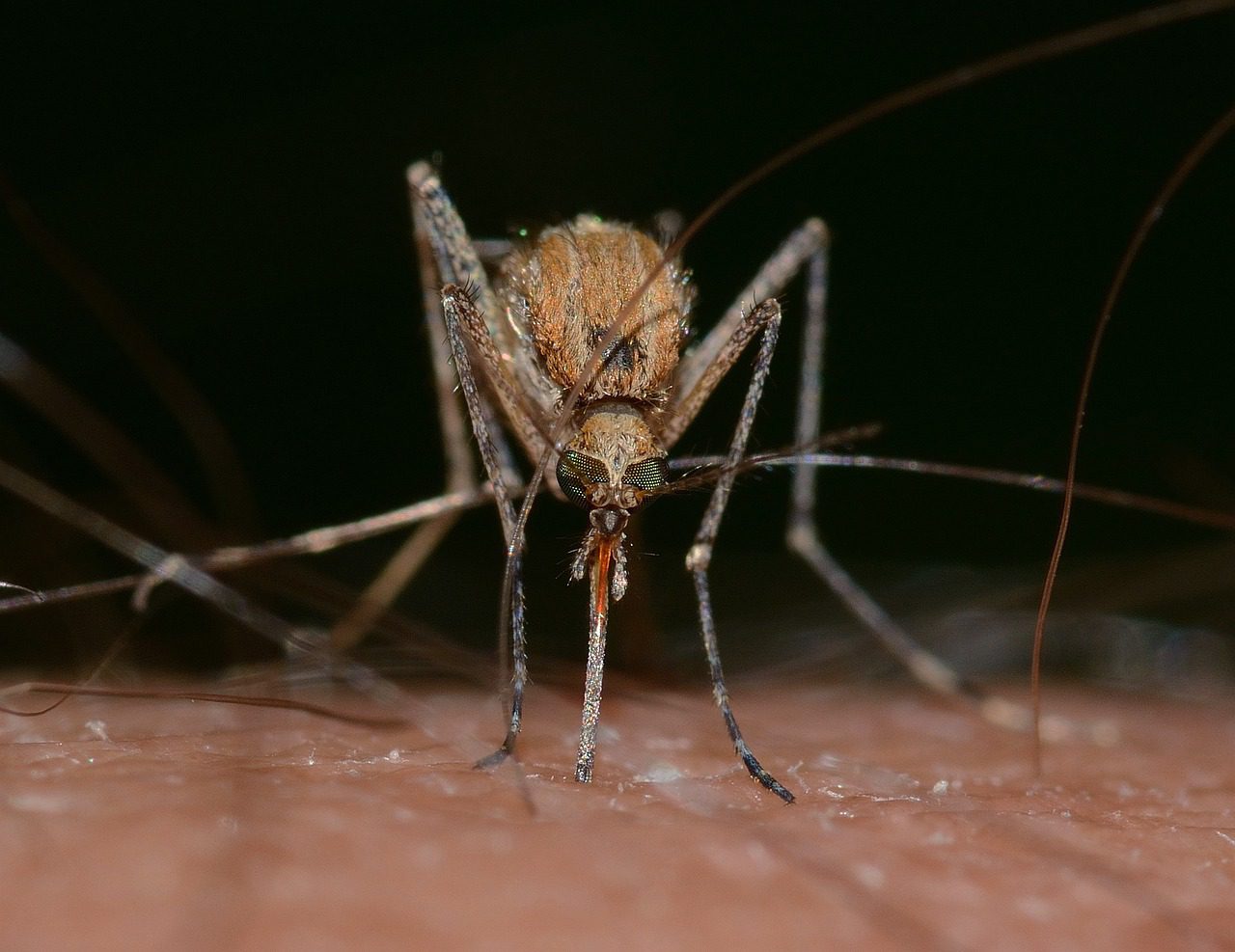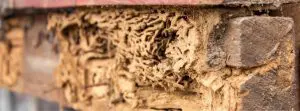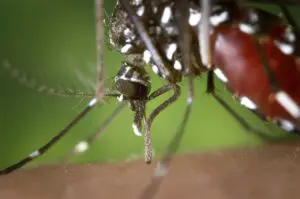

The Mosquito Diet Unveiled: Beyond Blood and Bites
Mosquito Feeding for Reproduction and Survival
When you think of mosquitoes one of the first things you probably think of is an annoying buzzing sound and an even more annoying itchy bite! These buzzing, blood sucking pests can be a real nuisance - but what do mosquitoes eat? It can’t just be our blood - can it? Understanding the feeding habits of mosquitoes is essential for comprehending their role in ecosystems and the transmission of diseases. So, what do mosquitoes eat? Well, it’s about changing the question slightly and asking it in two parts: “What do male mosquitoes eat?” and “what do female mosquitoes eat?” For female mosquitoes, blood is not just a meal but a crucial component for reproduction and survival. Female mosquitoes require the proteins found in blood to develop their eggs and without a blood meal, they cannot produce viable eggs and continue the mosquito life cycle. Therefore, blood feeding is vital for the continuation of mosquito populations.Mosquito Host Preferences: Beyond Humans to Birds and Reptiles
Certain mosquito species, such as Aedes aegypti and Aedes albopictus, are known for their preference for human hosts, particularly in urban environments. These mosquitoes are responsible for transmitting diseases such as dengue fever, Zika virus, and chikungunya, making them significant vectors of human pathogens. But mosquitoes are not limited to feeding on humans alone. Many species are opportunistic feeders, targeting whatever warm-blooded animal is available in their environment. When it comes to the question of “what do female mosquitoes eat,” mosquitoes showcase a remarkable adaptability in their choice of hosts when it comes to blood meals. While some species have a preference for feeding on humans, others show versatility in their host preferences, extending to birds, mammals, and even reptiles. This diversity allows mosquitoes to take advantage of a greater range of potential hosts, increasing their chances of a blood meal and facilitating their survival and reproduction.This flexibility in host preferences enables mosquitoes to thrive in diverse ecosystems and exploit a wide range of resources for blood meals. Understanding the varying host preferences of mosquito species is crucial for implementing effective control measures and reducing the risk of mosquito-borne diseases. By identifying key host species and their habitats, researchers and pest control professionals can develop targeted interventions to disrupt mosquito feeding behavior and mitigate impact.What Mosquitoes Eat Besides Blood
Now we get to the second question of the two posed previously - What do male mosquitoes eat? Contrary to popular belief, both male and female adult mosquitoes primarily feed on nectar, rather than blood. While female mosquitoes require blood for egg development, nectar serves as the main source of nutrition for both genders. This fact that surprises many who are first made aware of it - highlights the importance of nectar-feeding behavior in the mosquito diet and showcases their role as pollinators in ecosystems.Plant Pollinators in Disguise
Mosquitoes exhibit a diverse range of feeding behaviors, with plant nectar being a primary component of their diet. As they feed on nectar, mosquitoes inadvertently transfer pollen between flowers, contributing to the pollination of plants. While not as efficient as bees or butterflies in pollination, mosquitoes play a role in the reproductive success of certain plant species. In addition to nectar, mosquitoes sometimes also feed on other plant fluids, such as juices, sap, and honeydew. Some species are even known to feed on fruits and plant exudates which further expands their dietary reach. This versatility in feeding habits allows mosquitoes to exploit a wide range of plant resources, depending on their availability in the environment. Despite their reputation as blood-sucking pests, mosquitoes serve as important pollinators and contribute to the functioning of ecosystems. By feeding on nectar and other plant fluids, mosquitoes play a role in maintaining plant diversity and supporting ecosystem health. Their interactions with plants also have indirect effects on other organisms in the food web, highlighting the interconnectedness of species in natural environments.What do Mosquitoes eat? Gender Differences of Mosquito Diets
What do female mosquitoes eat? and What do male mosquitoes eat? Gender differences in mosquito diets play a significant role in their reproductive biology and overall health. While both male and female mosquitoes primarily feed on nectar, there are distinct differences in their dietary habits, particularly in relation to blood meals.What Do Female Mosquitoes Eat? Balancing Blood and Sugar for Reproduction
Female mosquitoes have a dual dietary requirement, needing both blood and nectar for reproduction and sustained energy. Blood provides essential proteins and nutrients necessary for egg development. After obtaining a blood meal, female mosquitoes supplement their diet with nectar to replenish energy reserves and sustain themselves between blood meals. This balance between blood and sugar allows female mosquitoes to produce viable eggs and continue the reproductive cycle.What Do Male Mosquitoes Eat? A Diet of Nectar and Disease-Free Living
In contrast to females, male mosquitoes do not require blood for reproduction. Instead, they rely solely on nectar as their primary food source. Male mosquitoes feed on flower nectar, plant juices, and other sugary substances to fuel their flight and sustain their energy levels. By focusing on a diet of nectar, male mosquitoes avoid the potential risks associated with blood feeding, including exposure to pathogens and parasites transmitted through blood meals. Understanding the dietary differences between male and female mosquitoes is essential for comprehending their ecological roles and the dynamics of mosquito-borne disease transmission. While female mosquitoes play a direct role in disease transmission through blood feeding, male mosquitoes contribute indirectly by pollinating plants and supporting ecosystem health through their nectar-feeding behavior. By recognizing the ecological significance of both male and female mosquitoes, we can develop more holistic approaches to mosquito control that consider the broader ecosystem context. By targeting interventions that disrupt mosquito breeding habitats and reduce the availability of blood sources, we can mitigate the impact of mosquito-borne diseases while preserving the ecological balance of natural environments.The Mechanism of Mosquito Feeding
Understanding the mechanism of mosquito blood feeding is essential for comprehending the transmission of disease pathogens among hosts. When female mosquitoes seek a blood meal, they use specialized mouthparts called proboscis to pierce the skin of their host. Saliva injected into the host during this process contains anticoagulants that prevent blood clotting, allowing mosquitoes to feed uninterrupted. As mosquitoes feed on blood, they can inadvertently pick up disease pathogens present in the blood of infected hosts. When they subsequently feed on uninfected hosts, these pathogens can be transmitted, facilitating the spread of diseases such as malaria, dengue fever, Zika virus, and West Nile virus. This mode of disease transmission highlights the critical role of mosquitoes as vectors of human pathogens and underscores the importance of mosquito control measures in preventing disease outbreaks.Mosquito Control Strategies: Protecting Homes and Yards
Protecting homes and yards from mosquito infestations requires a multi-faceted approach that addresses both breeding habitats and adult mosquitoes. Below, we outline some practical tips for keeping mosquitoes at bay:- Eliminate Standing Water: Mosquitoes breed in stagnant water, so eliminating standing water sources such as flower pots, bird baths, and clogged gutters can help reduce mosquito populations.
- Trim Vegetation: Keep grass and shrubs trimmed to minimize hiding places for mosquitoes during the day.
- Use Mosquito Repellents: Apply insect repellents containing DEET, picaridin, or oil of lemon eucalyptus when spending time outdoors, especially during dawn and dusk when mosquitoes are most active.
- Install Screens: Use window and door screens to prevent mosquitoes from entering the home.
- Consider Professional Pest Control Services: For comprehensive mosquito control, consider enlisting the help of pest control professionals like Excel Pest Services.






